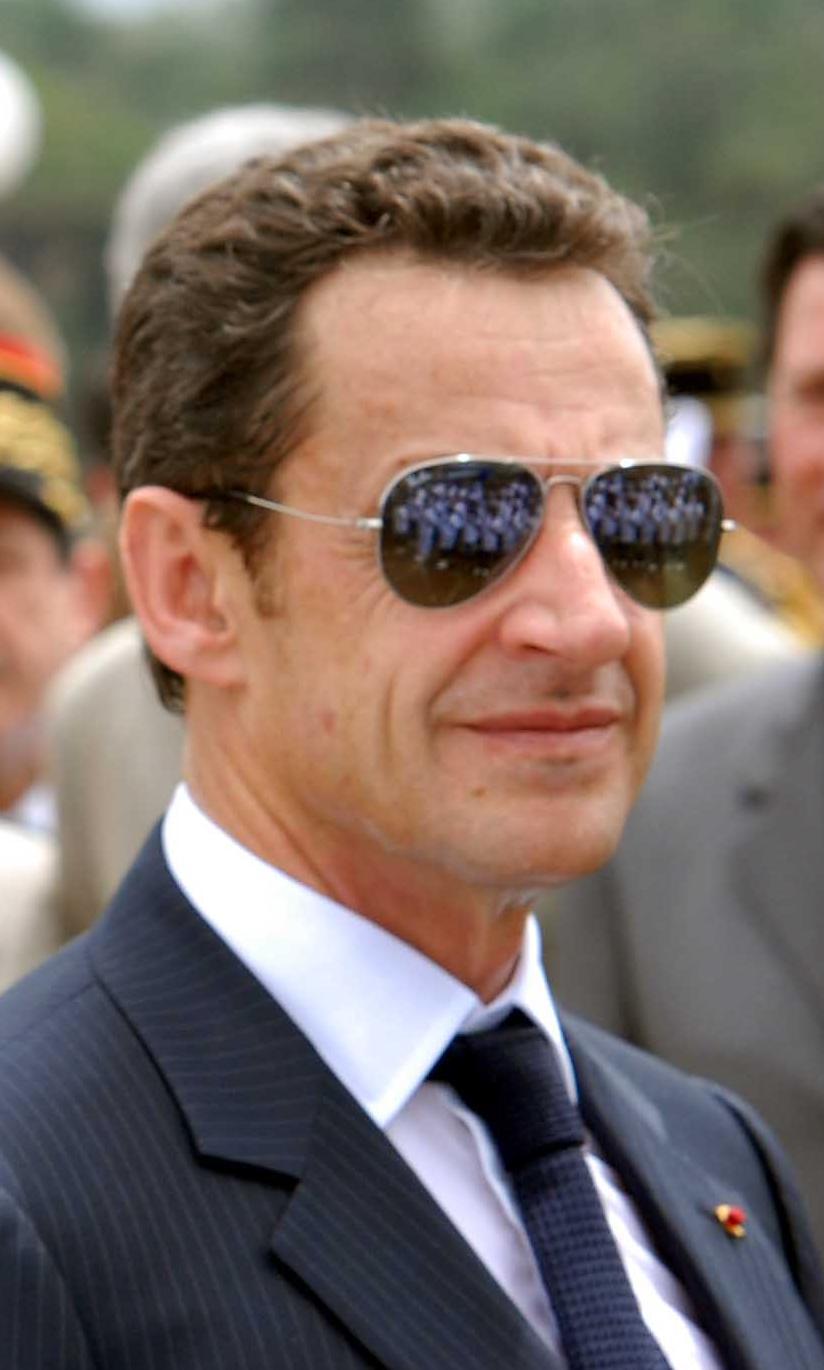Agricultural ministers of the OECD met in late February 2010 – the first time since 1998 – and issued a communiqué that touches on everything and says close to nothing. For once, such an empty statement is perfectly fine. The OECD Secretariat doesn’t need its ministers in order to do an excellent job in providing intellectual guidance and hard data.
The flagship of OECD research is certainly the country-level analysis of agricultural policies, based on Producer and Consumer Support Estimates and enriched by a brief description of recent policy developments in the report on Agricultural Policies in OECD Countries: Monitoring and Evaluation 2009.… Read the rest

